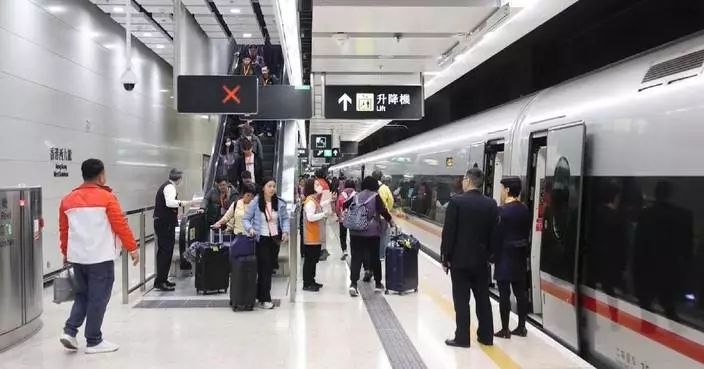The death toll from Israeli attacks on Lebanon since the beginning of the latest round of Israeli-Hezbollah conflict has reached 3,287, with injuries rising to 14,222, according to the Lebanese Health Ministry on Monday.
The Israeli army conducted multiple airstrikes on the southern suburbs of Beirut on Tuesday. A medical complex building was targeted in one of the strikes, and currently, there are no reports of casualties from this airstrike.
The Israeli forces also struck a house east of Beirut. The Lebanese Health Ministry announced that the attacks have resulted in 5 deaths.
On the same day, Herzi Halevi, chief of staff of the Israel Defense Forces (IDF), stated that the IDF has already eliminated significant combat capabilities of Hezbollah. He noted that the IDF is conducting strikes both deep inside Lebanon and frequently targeting the Syria-Lebanon border area, making it difficult for Hezbollah militants to acquire weapons, which is crucial for achieving tactical objectives.
Also on Tuesday, Hezbollah released a statement claiming that under their fierce resistance, Israeli forces had withdrawn from most areas along the western section of the temporary Lebanon-Israel border. Recently, they launched long-range attacks against 33 strategic targets inside Israel.
The statement asserted that Hezbollah has the capability to fight against Israeli forces for an extended period, and that Israel's operations would end in failure.

Death toll from Israeli strikes on Lebanon rises to 3,287

Death toll from Israeli strikes on Lebanon rises to 3,287

Death toll from Israeli strikes on Lebanon rises to 3,287









